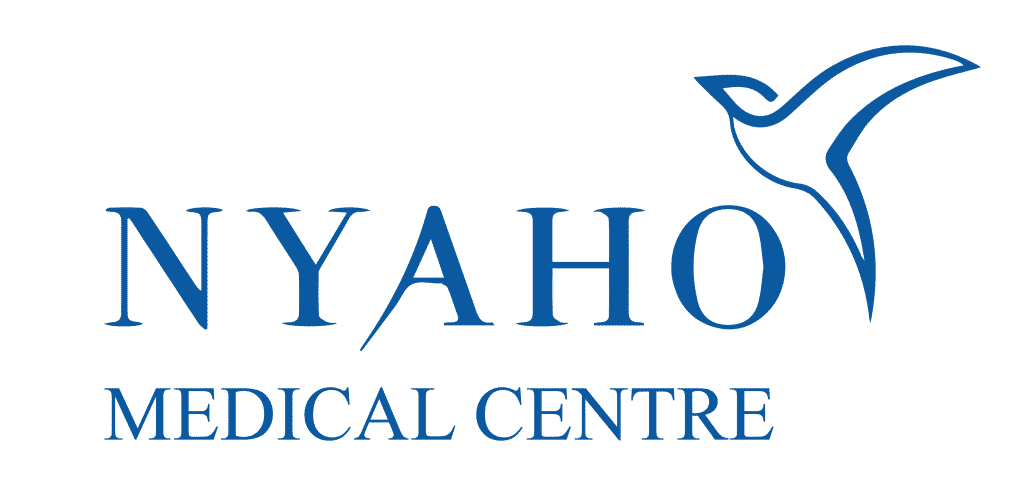On the occasion of World TB Day, here’re some useful facts about the disease.
WHAT IS TB?
TB, or tuberculosis, is a disease caused by bacteria called Mycobacterium tuberculosis. The bacteria can attack any part of your body, but they usually attack the lungs. TB disease is an important cause of death in adults in Ghana.
TB is spread through the air from one person to another. The bacteria are put into the air when a person with TB disease of the lungs or throat coughs or sneezes. People nearby may breathe in these bacteria and become infected.
WHY YOU SHOULD GET TESTED FOR TB
You should get tested for TB if:
- You have spent time with a person with known or suspected to have TB disease
- You have HIV infection or another condition that puts you at high risk for TB disease
- You think you might have TB disease
- You are from a country where TB disease is very common (most countries in Latin America and the Caribbean, Africa, Asia, Eastern Europe and Russia)
- You inject drugs or live somewhere in Ghana where TB is known to be very common (prisons and some mining towns)
SYMPTOMS OF TB INCLUDE
- Coughing that lasts three or more weeks
- Coughing up blood
- Chest pain, or pain with breathing or coughing
- Unintentional weight loss
- Fatigue
- Fever
- Night sweats
- Chills
- Loss of appetite
TREATMENT PLAN AVAILABLE AT THE NYAHO MEDICAL CENTRE
To know one’s status, one can take a TB skin test, a sputum test and or a chest X-ray. In the event one is diagnosed with TB, Nyaho Medical Centre offers free medication available over a period of six months.
After a few weeks, you won’t be contagious and you may start to feel better. It might be tempting to stop taking your TB drugs. But it is crucial that you finish the full course of therapy and take the medications exactly as prescribed by your doctor. Stopping treatment too soon or skipping doses can allow the bacteria that are still alive to become resistant to those drugs, leading to TB that is much more dangerous and difficult to treat.
PREVENTION OF TB
- Don’t go to work or school or sleep in a room with other people during the first few weeks of treatment for active tuberculosis.
- Tuberculosis germs spread more easily in small closed spaces where air doesn’t move. If it’s not too cold outdoors, open the windows and use a fan to blow indoor air outside.
- Use a tissue to cover your mouth anytime you laugh, sneeze or cough. Put the dirty tissue in a bag, seal it and throw it away.
- Wearing a surgical mask when you’re around other people during the first three weeks of treatment may help lessen the risk of transmission.
- Finish your entire course of medication: This is the most important step you can take to protect yourself and others from tuberculosis. When you stop treatment early or skip doses, TB bacteria have a chance to develop mutations that allow them to survive the most potent TB drugs. The resulting drug-resistant strains are much more deadly and difficult to treat.
- Vaccinations: In countries where tuberculosis is more common, infants often are vaccinated with bacilli Calmette-Guerin (BCG) vaccine because it can prevent severe tuberculosis in children.
Contact Nyaho Medical Centre to know your status, by taking a TB skin test, a sputum test, and or a chest X-ray.
And in the event you’re diagnosed with TB, Nyaho Medical Centre offers free medication which is available over a period of six months.
